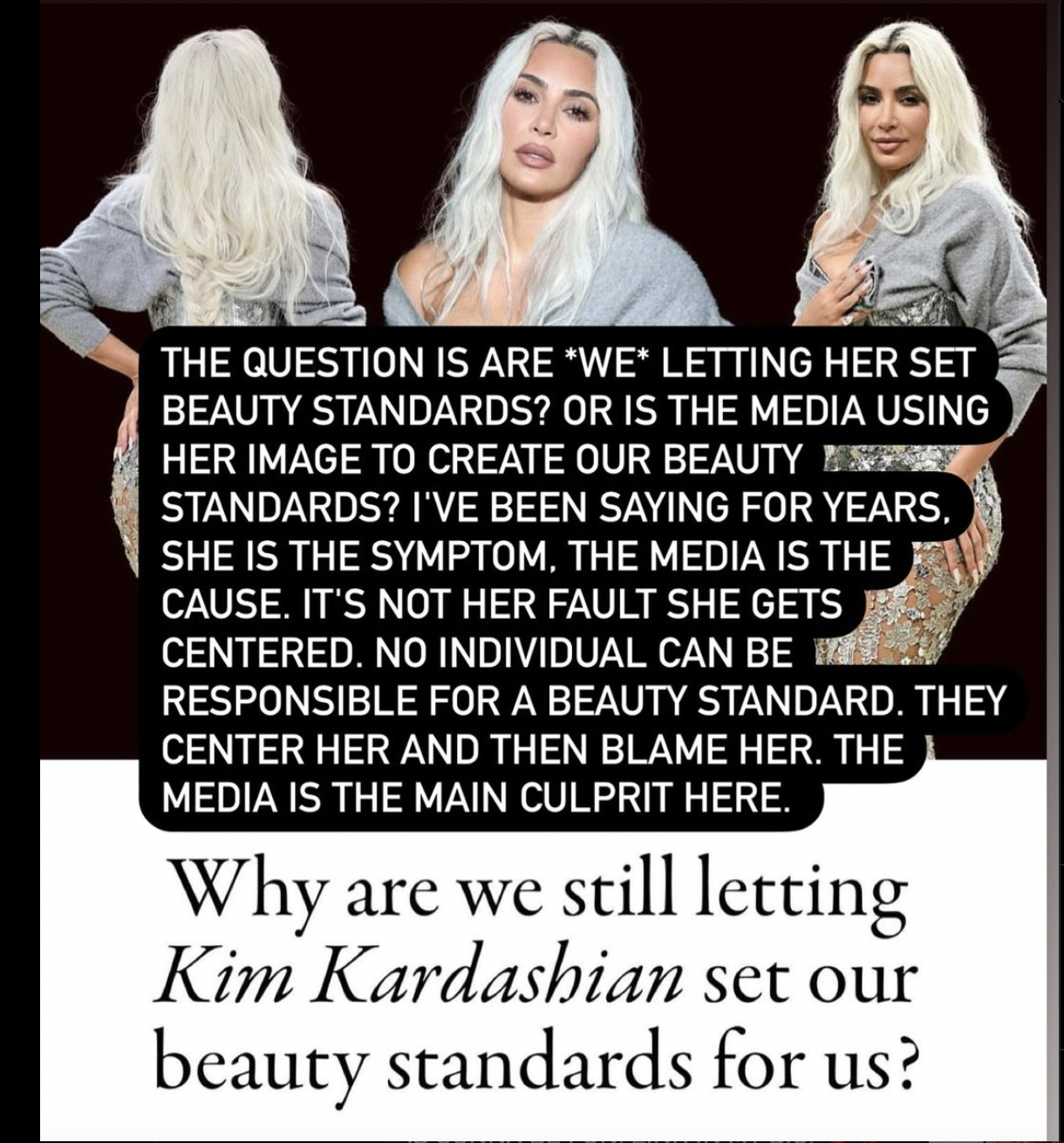What in the AI world is going on? AI Avatars Gone Rogue? Your Digital Double is Now Peddling Lipstick (But Who's Holding the Brush?)
Unless you've been living under a rock, it's impossible to ignore the meteoric rise of artificial intelligence (AI) in the last six months. First came ChatGPT, which every writer (including myself) feared might steal our humble earnings. Then came platforms like DaVinci, which created epic pictures based on a few words.
Then sh*t got weird. Taylor Swift, for example, was recently subjected to a bizarre AI incident which saw her face imposed on some explicit imagery. She’s now considering taking legal action, which is good for her. If anyone can take down the unregulated realms of AI, then it's Taylor and her Swifties.
And then, we have the rise of AI avatars, which is where the subject of this article lies.
AI avatars are now lurking in all parts of the social media world. These avatars - or virtual influencers - may seem like very REAL people and come alongside real videos, images, and captions, promoting a wealth of online products as many actual influencers do. The issue is that they’re FAKE, and it’s prompted a slew of questions about the ethical nature of AI and beyond.
Take @Cocosgotmoves, for example. This strangely recognisable figure (hello Charlie D’Amelio) boasts 22,000 Instagram followers and dubs herself “a girl just vibin.” Videos include a GRWM clip where she puts on her monochrome-glam makeup and tells viewers about her favourite shades of blush. It all seems innocent enough and can easily be viewed as yet another beauty influencer sharing their insights on the latest beauty trends. But on closer inspection, you also see a message stating it’s an “AI managed by Meta.”
It also gets crazier. Aitana López is another example of an AI model created by a Spanish model agency that’s gained 275,000 Instagram followers. The wildest part? She earns over 1,000 euros per social media advert — even though she isn’t REAL. Readers, ask yourself who is pedalling those products or benefiting from this system. Because it sure isn’t Coco or Aitana, the imaginary influencers. This calls for a deep dive, and we’re here to do it together…
The ethical minefield of AI beauty influencers
Alongside Cocosgotmoves, Meta has released a series of strangely lifelike AI avatars across its platforms. But that’s not all… AI influencers are spreading across the internet, and sometimes the accounts don’t specify that they’re fake people.
This brings us to our first question. While digital avatars showcase flawless makeup techniques and stunning aesthetics that people are genuinely buying into, do they challenge or perpetuate societal traditional beauty standards? We’re kind of siding with the latter.
At the same time, the beauty world IS slowly changing. People are finally embracing their quirks and ditching society's “flawless” demands. But AI has thrown a spanner in the works there. I haven’t seen any AI influencers stripping away their makeup to show textured skin, blemishes or pimples. Many appear to conform to the classic beauty ideal instead — which isn’t excellent news for the internet.
Everyone should rightly be concerned about the impact on real-life content creators, as well as the authenticity of the beauty industry.
It's also hard to know who's legit and who's just pixels, making us question what these platforms owe us in terms of honesty. Sure, Meta tells you that Coco is AI, but they don’t write that on every post. Only when you click on ‘her’ profile do you discover it’s AI. So, as the virtual and real worlds blend, the beauty industry will face even more challenges trying to figure out what AI means for beauty ideals.
What do AI influencers mean for the beauty world?
What the broader scope of all means is complex. After all, AI is still relatively new to the world, so it’s hard to gauge what this means for the future. What’s clear is that the technology is evolving rapidly, and the AI influencers will continue to get more advanced and more believable.
Now, it has never been more crucial for consumers to know the difference between AI-generated content and human influencers. Just like real influencers are supposed to specify if their post is an advert, the same will need to happen with AI. Brands that fail to do this may risk being accused of misleading advertising, eroding the trust between brands and consumers.
This requires regulation that addresses AI's transparency in influencer marketing. And unfortunately, there’s still some way to go. In 2023, the Federal Trade Commission (FTC) added virtual influencers to its Endorsement Guides, meaning some of these figures may be required to adhere to strict advertising rules in the US. But AI regulation is sporadic at best and lacks cohesion across the globe, meaning one rule may apply to some but not others. This is where we’re hopeful that change could come.
Can AI be a force of good?
Undoubtedly, AI has revolutionised many industries and helped speed up the way things work. But is there any way that AI can benefit the world of beauty?
Well, AI could bring some good things to the beauty scene. We’re talking about personalised product suggestions based on your unique style and skin type. Virtual try-ons powered by tech make online makeup shopping a lot easier, letting you experiment before you buy (and potentially reducing unnecessary product returns that are bad for the environment). And AI analysing your skin needs for a tailored skincare routine. All of this is entirely possible and could be a gamechanger for the industry. But, of course, the challenge is keeping things honest, and ethical, and not adding to the pressure of unrealistic beauty standards.
I don’t see how AI beauty influencers bring any good to the already complex beauty narrative. Nor have I seen these avatars display any “flaws” that make them one bit human. So something has got to give.
It's a balancing act between bringing in the tech perks and ensuring it's all positive for the beauty world. But I’ll leave you with this: ask yourself who benefits. It’s not social media followers who are duped into products being sold by a make-believe beauty influencer; it’s the businesses behind them.




